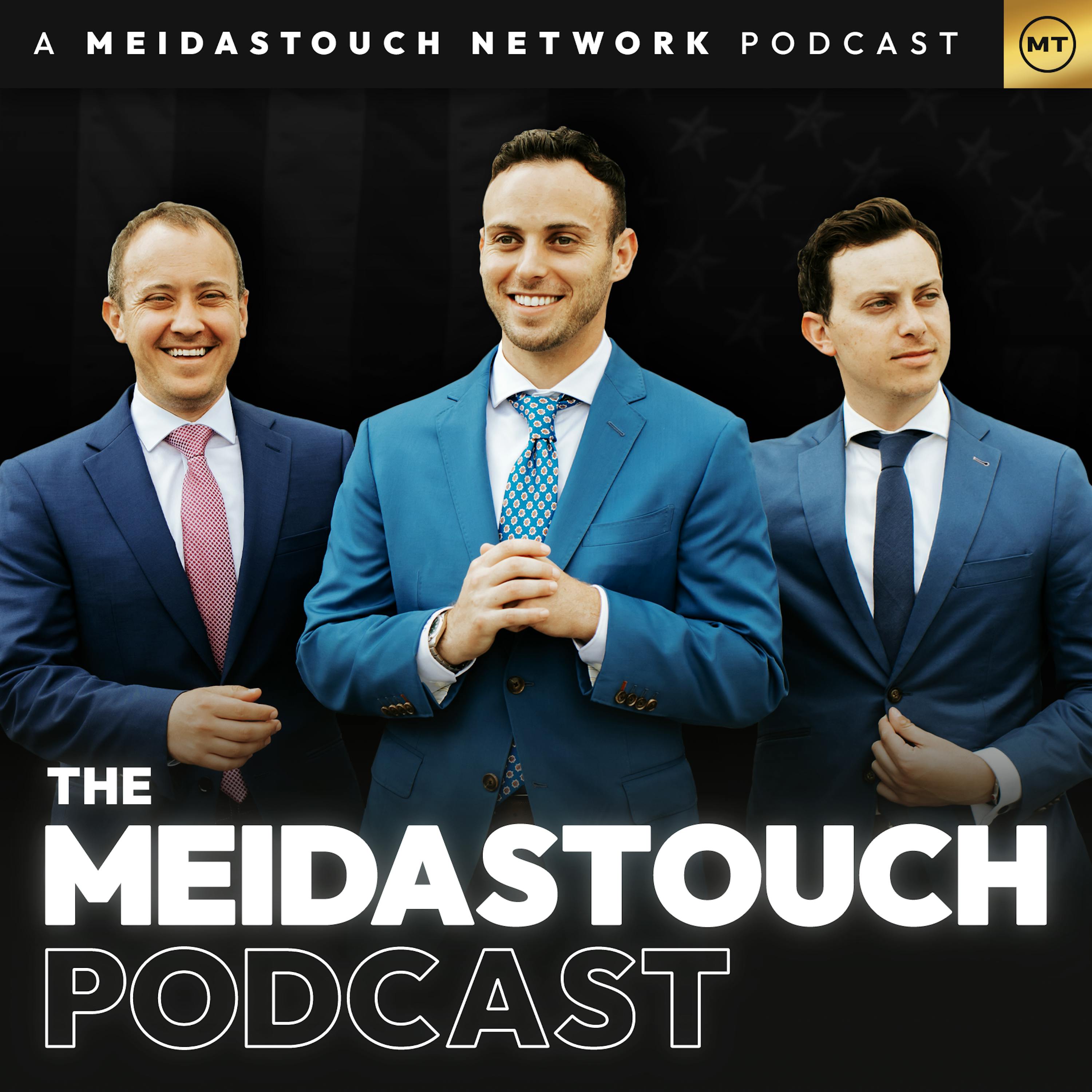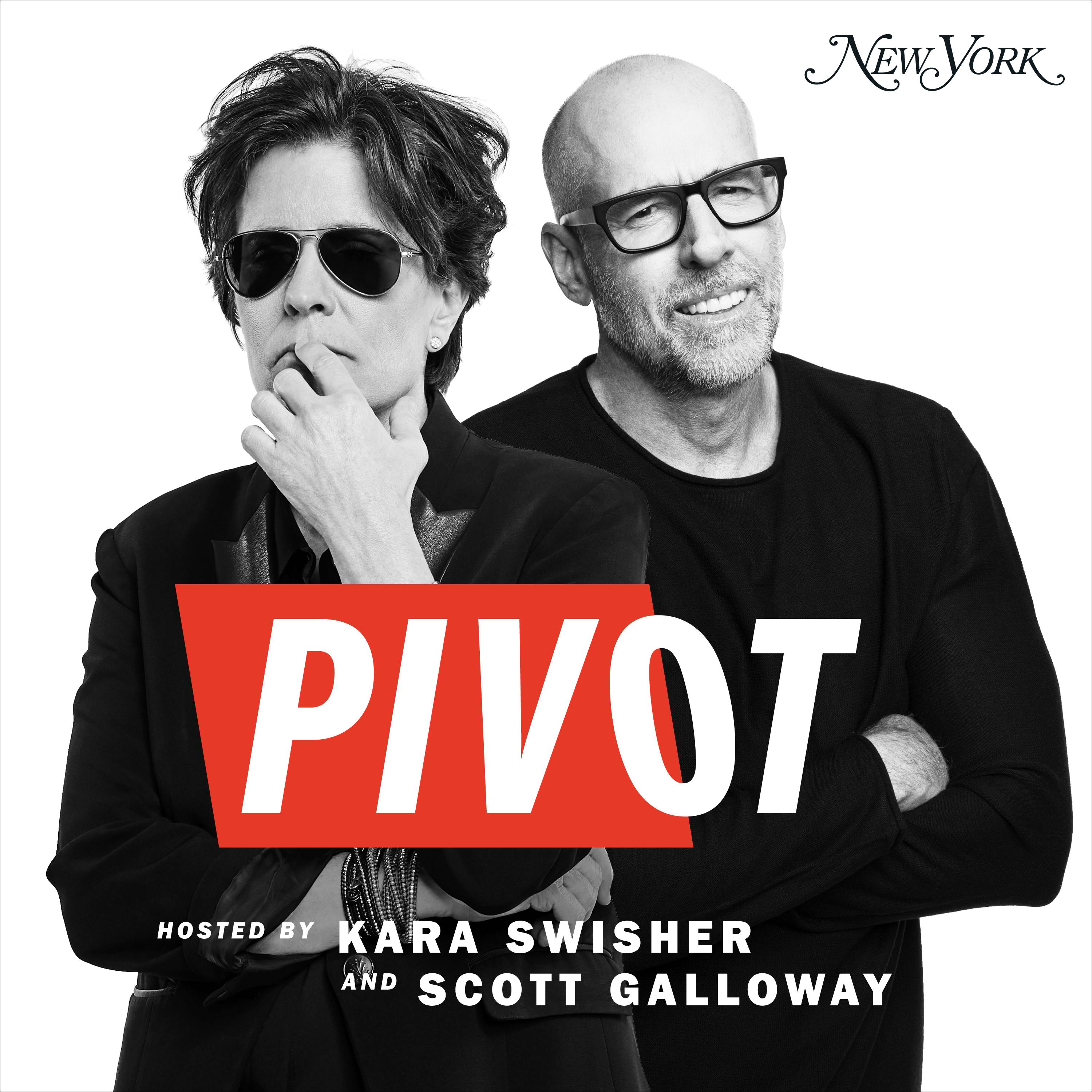PortalsOS
Related Posts
Vote to see vote counts

A family making $85,000 a year could face a $24,000 premium without ACA subsidies, highlighting the financial burden on middle-class families.

The removal of health care subsidies could lead to significant financial burdens for families, with some potentially paying $24,000 annually for healthcare on an $85,000 income.

Berkeley and Oxford researchers found that giving $1,000 to poor families in Kenya reduced infant deaths by 48%. This cash enabled women to afford prenatal visits, eat well, rest, and deliver safely.

The worldwide SaaS market is about $300 billion per year, while the U.S. labor market is $13 trillion, highlighting the vast difference in size between these markets.

The economic impact of undocumented workers is significant, as they fill jobs that domestic workers often avoid.
The amount that Social Security benefits from undocumented immigrants is significant. Despite claims that they drain public programs, they actually contribute a windfall to Social Security because they pay taxes without receiving benefits.
In European countries, the bigger factor for getting women to work is having the right to part-time jobs. The U.S. is missing a lot of part-time workers.

There's about 30 million workers in the U.S. who don't have access to paid sick leave. That is an easy change that could make a huge difference for people who are affected by it.
The only G7 nation that doesn't offer free childcare for children under five is the U.S. If you have a place where children under five can go for free, their moms will work more.
Basic labor regulations like paid family and medical leave, the right to work part-time, or flexible work arrangements could absolutely be part of our labor law. It's labor law in a lot of countries that would be considered our peers.